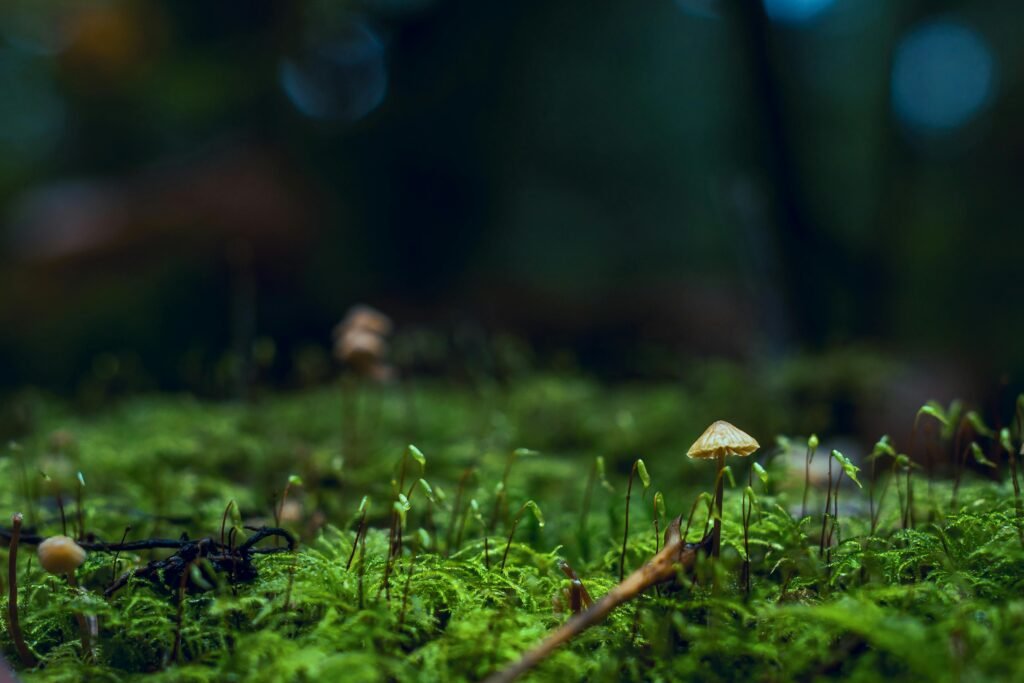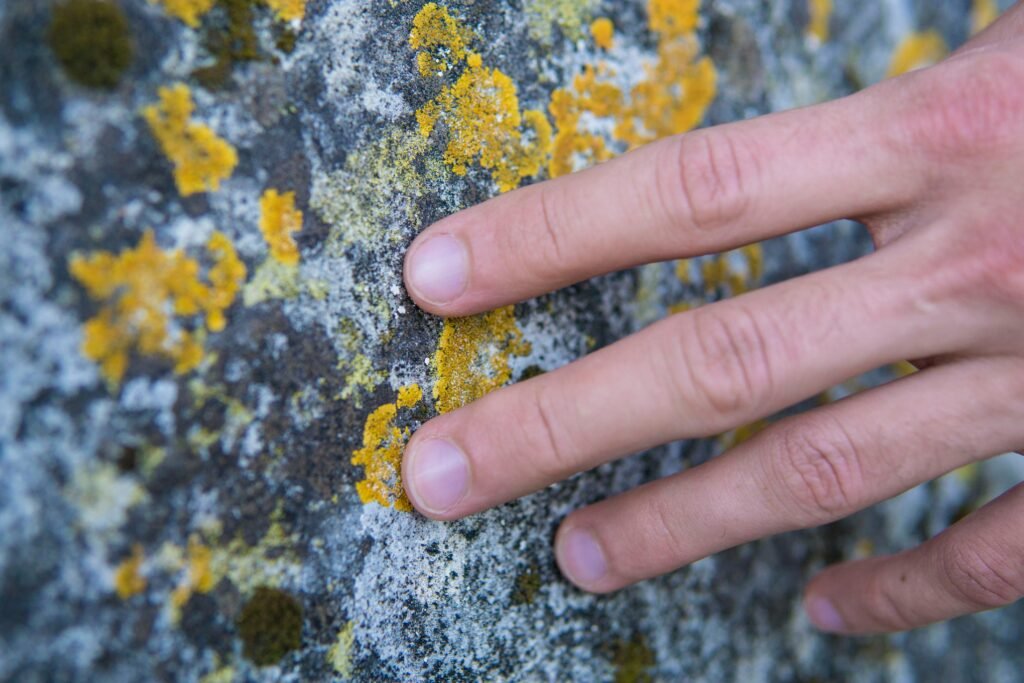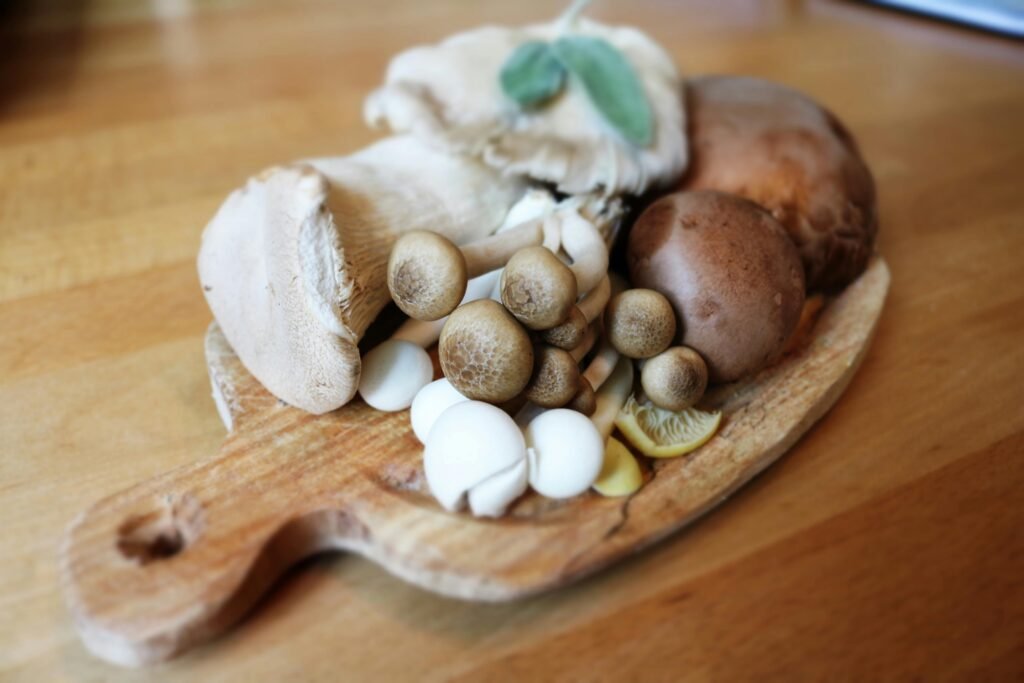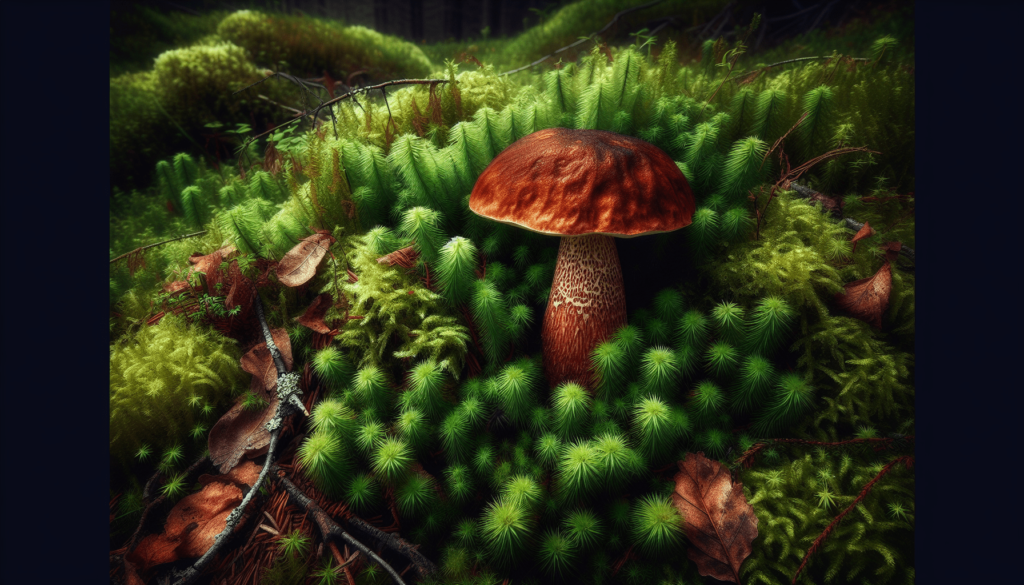Is mushroom hunting bad for the environment? You might be surprised by the answer! While the activity, popular among foragers and nature enthusiasts, seems harmless, it raises significant ecological concerns. When you pick wild mushrooms, you’re not just harvesting a meal—you’re also potentially disturbing delicate ecosystems and reducing biodiversity. The impact on the environment depends on the scale and methods of harvesting, making it essential for you to practice sustainable and mindful foraging habits. This article delves into the environmental implications of mushroom hunting, offering insights and tips on how you can enjoy this hobby responsibly while preserving nature’s balance. Have you ever wondered if your love for mushroom hunting could be harming the environment? Mushroom hunting, or foraging, is a beloved pastime for many outdoor enthusiasts. It’s a way to connect with nature, enjoy the great outdoors, and, of course, discover some delicious finds. But it’s essential to ask whether this activity might have unintended consequences on the ecosystems you cherish.
Understanding Mushroom Hunting
Before diving into the environmental impacts, it’s helpful to understand what mushroom hunting entails. Mushroom hunting involves searching for wild fungi, harvesting them, and occasionally documenting the findings. Enthusiasts often seek rare or edible mushrooms, and the thrill of the hunt is part of the appeal. However, like any outdoor activity, it’s crucial to practice sustainable methods to minimize harm.
Why People Hunt Mushrooms
People hunt mushrooms for various reasons. Some are searching for rare or delicious edible mushrooms, like morels or truffles. Others might be scientists or hobbyists eager to study fungi’s ecological roles. Moreover, mushroom hunting can be a fantastic way to spend time outdoors, exercise, and bond with family or friends. Whatever the motivation, it adds value to the foragers’ lives.
The Role of Mushrooms in the Ecosystem
Mushrooms and fungi occupy a vital role in our ecosystems. They are more than just sources of food for humans and animals; they play a crucial role in nutrient cycling and maintaining healthy forests.
Decomposition and Nutrient Cycling
Mushrooms act as nature’s decomposers. By breaking down organic matter, they recycle essential nutrients back into the soil, supporting plant growth and maintaining soil health.
| Role of Mushrooms | Description |
|---|---|
| Decomposition | Break down dead organic matter, turning it into nutrient-rich soil. |
| Nutrient Cycling | Help in the exchange of nutrients within ecosystems, aiding plant growth. |
Symbiotic Relationships
Some mushrooms form symbiotic relationships with trees and plants. These fungi, known as mycorrhizal fungi, attach to plant roots and help the plant absorb water and nutrients more efficiently. In return, the plant provides the fungi with carbohydrates produced through photosynthesis.
| Type of Relationship | Benefit to Plants | Benefit to Fungi |
|---|---|---|
| Mycorrhizal | Enhanced nutrient and water absorption | Carbohydrates from photosynthesis |
Indicators of Ecosystem Health
Mushrooms can also serve as indicators of ecosystem health. The presence or absence of certain fungi can provide insights into the condition of an environment, such as soil health, pollution levels, and biodiversity.

Potential Environmental Impacts of Mushroom Hunting
Given the crucial roles mushrooms play in ecosystems, it’s important to consider whether mushroom hunting could negatively impact the environment. Let’s explore some potential concerns.
Overharvesting
One of the most significant concerns is overharvesting. Collecting too many mushrooms from a single area can disrupt the local fungi populations and the wider ecosystem. This is particularly problematic for rare or slow-growing species.
| Impact | Description |
|---|---|
| Overharvesting | Can deplete local mushroom populations and disrupt nutrient cycling and symbiotic relationships. |
Soil Disturbance
When foraging for mushrooms, it’s easy to disturb the soil and the forest floor unintentionally. This can damage the delicate mycelium networks that mushrooms grow from, which can have lasting effects on mushroom populations.
| Impact | Description |
|---|---|
| Soil Disturbance | Disturbing the soil can damage mycelium, impacting future mushroom growth. |
Ecological Balance
Removing mushrooms from an ecosystem might influence the balance between different organisms. For example, reducing the population of a particular mushroom can affect species that depend on it for food.
| Impact | Description |
|---|---|
| Ecological Balance | Altering mushroom populations can affect animals and plants that rely on them. |
Ethical and Sustainable Mushroom Hunting Practices
To mitigate these environmental impacts, it’s important for mushroom hunters to follow ethical and sustainable practices. Here are some guidelines to ensure your foraging doesn’t harm the environment.
Know the Rules and Regulations
Different regions have specific laws and regulations regarding mushroom hunting. These rules are put in place to protect ecosystems and ensure sustainable harvesting. Always check local regulations before you begin foraging.
Avoid Overharvesting
To avoid overharvesting, adopt the “leave some for the forest” mindset. Only take what you need and leave plenty of mushrooms behind to continue their critical ecological roles.
| Practice | Description |
|---|---|
| Selective Picking | Harvest selectively and leave behind a significant portion to ensure sustainability. |
Minimize Soil Disturbance
When picking mushrooms, be gentle with the soil and forest floor. Instead of pulling mushrooms out by the roots, cut them at the base with a knife. This method helps to preserve the mycelium network.
| Practice | Description |
|---|---|
| Cut at the Base | Use a knife to minimize soil disturbance and protect mycelium. |
Follow Established Trails
Stick to established trails and avoid trampling through undisturbed areas. This practice reduces your impact on the environment and helps preserve the habitat for various species.
| Practice | Description |
|---|---|
| Use Established Trails | Reduce impact by sticking to paths and avoiding untouched areas. |
Educate Yourself
Knowledge is power. Educate yourself about the fungi you’re collecting, including their roles in the ecosystem and any conservation concerns. This awareness can guide your foraging decisions.

Benefits of Mushroom Hunting
While there are potential risks, mushroom hunting also offers numerous benefits. When done responsibly, it can be highly rewarding and beneficial for individuals and communities.
Strengthening Connection to Nature
Mushroom hunting encourages people to spend time outdoors, fostering a deeper connection to nature. This connection can inspire more people to become advocates for environmental conservation.
| Benefit | Description |
|---|---|
| Connection to Nature | Deepens appreciation for natural ecosystems and inspires conservation efforts. |
Education and Awareness
Through mushroom hunting, individuals can learn about fungi and their ecological importance. This education can lead to greater awareness and understanding of broader environmental issues.
| Benefit | Description |
|---|---|
| Education and Awareness | Enhances understanding of fungi’s ecological roles and broader environmental issues. |
Physical and Mental Health
Spending time outdoors provides numerous health benefits. Mushroom hunting involves physical activity, which is good for the body, and the calming effects of nature, which can improve mental well-being.
| Benefit | Description |
|---|---|
| Physical and Mental Health | Combines exercise and nature immersion, promoting overall well-being. |
Community and Bonding
Mushroom hunting can be a social activity. It brings together family, friends, and communities, fostering stronger relationships and shared experiences.
| Benefit | Description |
|---|---|
| Community and Bonding | Strengthens relationships through shared outdoor experiences. |
Sustainable Mushroom Hunting Around the World
Different countries and cultures have developed unique approaches to sustainable mushroom hunting. These methods often draw on traditional knowledge and practices.
North America
In North America, various regulations manage mushroom foraging in public lands. States and provinces have different rules regarding the amount and type of mushrooms that can be collected. People are encouraged to join mycological societies, where they can learn about responsible foraging practices.
Europe
In Europe, particularly in countries like France and Italy, mushroom hunting is a longstanding tradition. To protect local ecosystems, many areas require foragers to obtain permits. Classes and guided tours are popular, emphasizing education and sustainable practices.
Asia
In countries like Japan and China, mushroom hunting is intertwined with cultural traditions. Sustainable practices have been passed down through generations. Common guidelines include only harvesting mature mushrooms and never taking more than necessary.
Lessons from Indigenous Practices
Indigenous communities across the globe have a wealth of knowledge about sustainable foraging. Their practices often include deep respect for nature, taking only what is needed, and ensuring that resources are available for future generations. Learning from these traditions can offer valuable insights into sustainable mushroom hunting.

FAQs about Mushroom Hunting and the Environment
You might have some unanswered questions about mushroom hunting and its environmental impact. Here are some commonly asked questions to clear up any confusion.
Is mushroom hunting harmful to the environment?
Not necessarily. When done sustainably and responsibly, mushroom hunting can have minimal impact on the environment. Awareness of local regulations and best practices is key.
How can I forage mushrooms without harming the ecosystem?
Follow sustainable practices such as not overharvesting, minimizing soil disturbance, using established trails, and educating yourself about the fungi you collect.
Are there specific mushrooms that should not be harvested?
Yes, some mushrooms are rare and play critical ecological roles. Research local endangered species and avoid harvesting them. Always check local guidelines for protected species.
Can mushroom hunting improve my understanding of ecosystems?
Absolutely. Mushroom hunting can deepen your knowledge of fungi and their roles in ecosystems, enhancing your overall appreciation and understanding of the natural world.
Is it legal to forage mushrooms in national parks?
Laws vary by country and even by park. Always check specific regulations for the area you plan to visit. Some national parks prohibit foraging to protect local ecosystems, while others may allow it with certain restrictions.
Conclusion
Mushroom hunting, when approached with care and respect for nature, doesn’t have to be bad for the environment. By understanding the vital roles mushrooms play in ecosystems and adopting ethical, sustainable foraging practices, you can enjoy this rewarding activity without causing harm. Remember to educate yourself, respect local regulations, and always prioritize the health of the environment over the thrill of foraging. Happy hunting!

